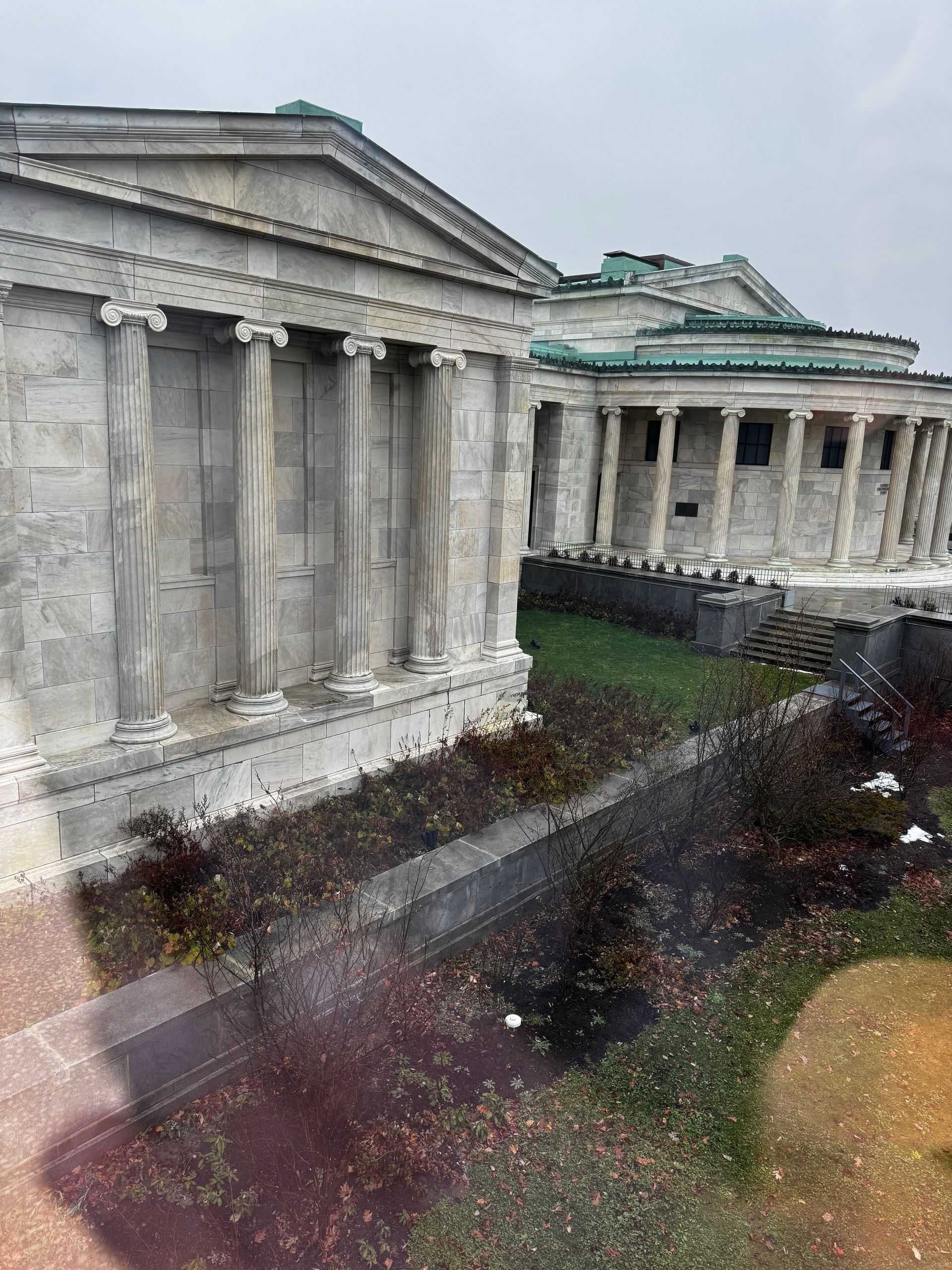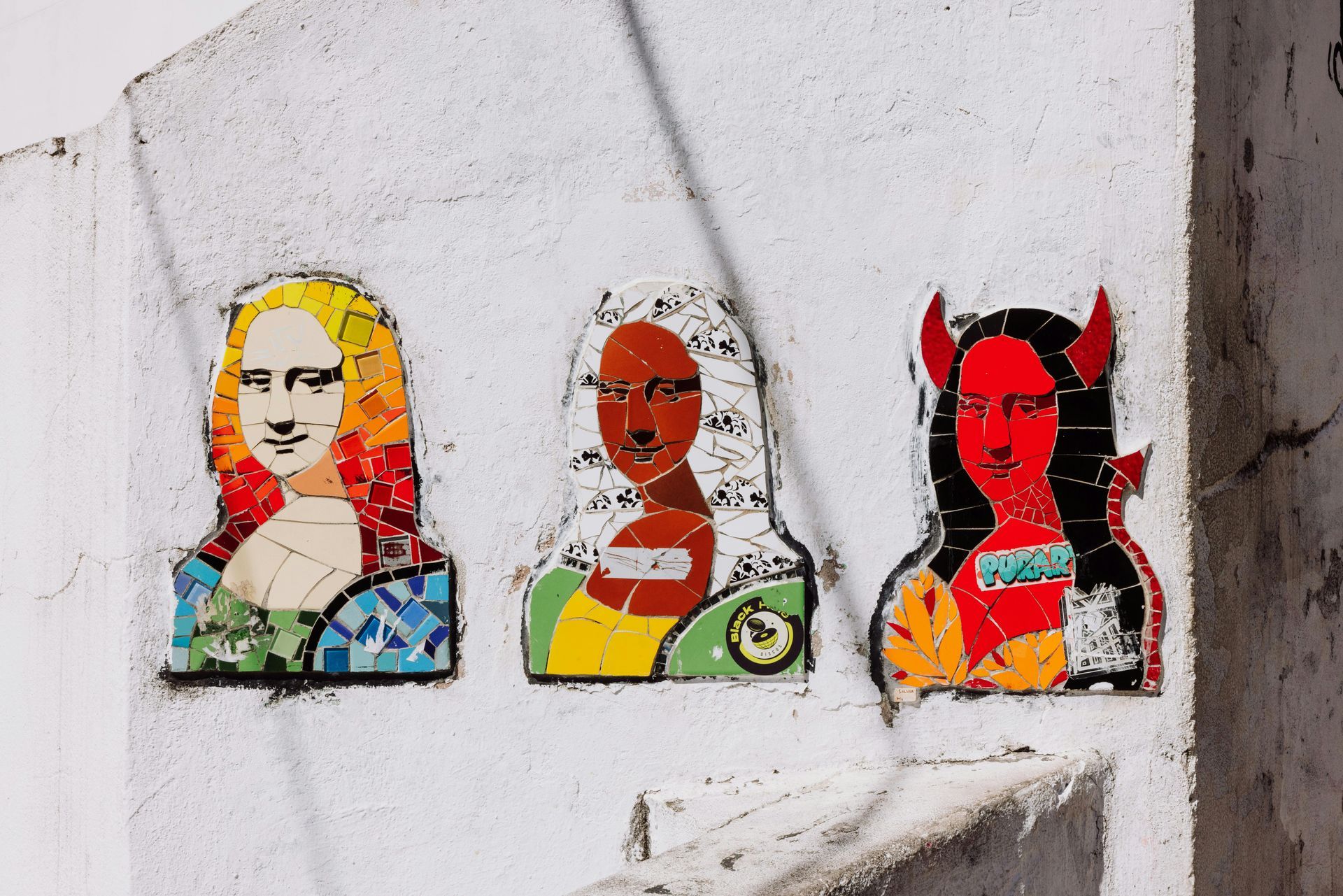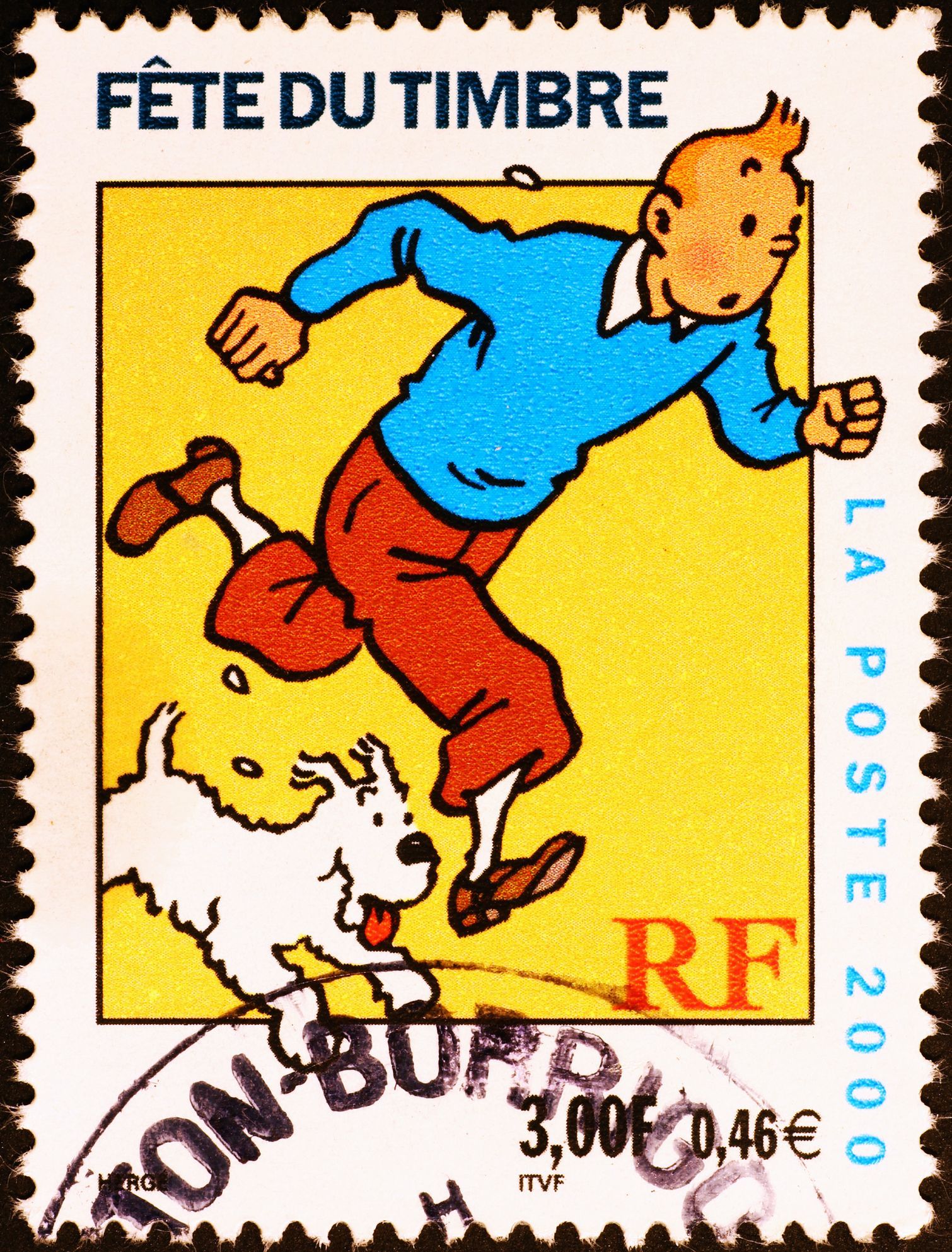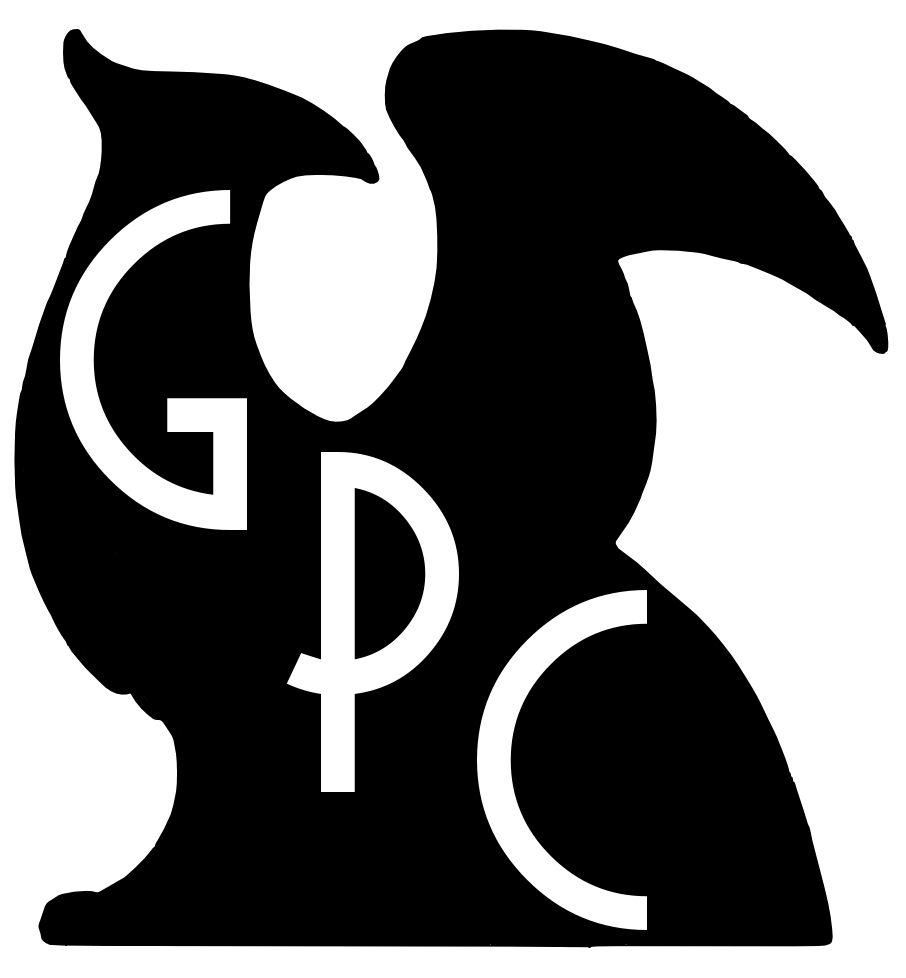New Paragraph
Fair Use & Manuscript Review
Fair Use & Content Review

So, What Exactly is Fair Use?
Understanding whether a phrase, image, or idea falls under fair use can often be more complicated than you'd think. Gryphon Publishing Consulting offers extensive experience in fair use and permissions, a key expertise for authors and publishers doing the proper due diligence prior to book publishing. With that said, there are 4 definitive factors that define fair use:
- The Purpose and Character of the Use
- Amount and Substantiality of the Portion Used in Relation to the Whole
- The Nature of the Copyrighted work
- Effect of the Use on the Potential Market
While fair use can apply under these very specific circumstances, it's always best to seek permission to reuse materials to be absolutely certain that you are on the right side of copyright law. Wondering where your manuscript stands?
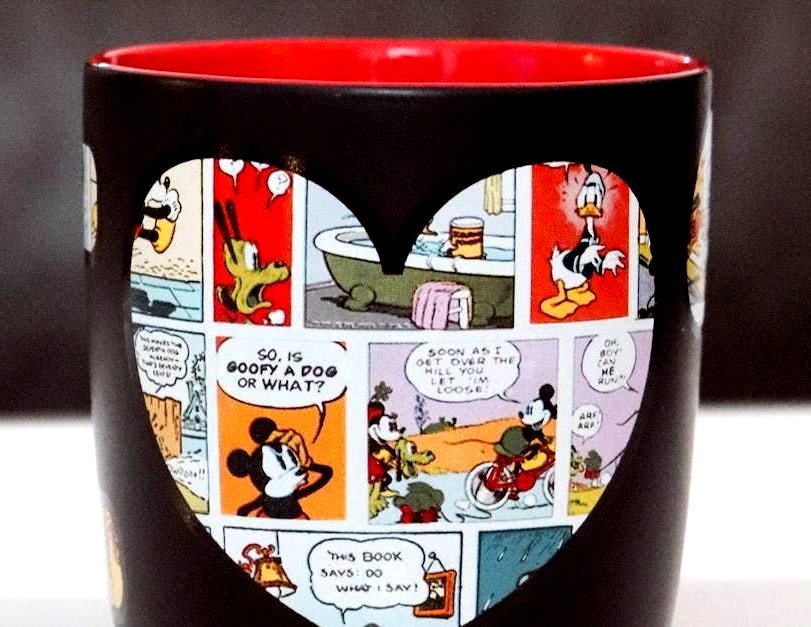
When To Look At Formal Book Permissions
The waters of fair use can be quite murky and you may find yourself looking at more protective options. As one of the key components of drafting any content for publication, knowing if what you have used in your content falls under fair use or perhaps needs more formal permissions is a critical step. We're here to help you navigate all of the ins and outs of this process, from formally reviewing what you have created, to creating the necessary plans to make sure that you can publish your content with confidence. Fair use is what we call an affirmative defense against a claim of copyright infringement. It permits usage of a copyrighted work for purposes such as criticism, commentary, news reporting, teaching, scholarship, or research. When you aren't sure where your content falls, we are here to answer your questions and guide you!
Understanding Fair Use
There are many considerations when it comes to using someone else's content in your work, and no two situations are the same! If this isn't your first time obtaining a fair use analysis, here is a quick breakdown of some of the steps we might take while working with you on your Fair Use Content Review.
First, we need to know what we're working with. We'll have you send us your manuscript to review, then will schedule a time to share our findings with you. We'll work with you to determine any instances where fair use may apply, as well as where other specific permissions or licensing might be necessary. This may involve written content, video, or images.
Fair Use Analysis
Education
We are pretty big on education (make sure to check out our upcoming courses!) During the process of our fair use analysis, we provide you with detailed information and materials that help you better understand fair use and if it might apply to you (let's be honest, you'll learn more about fair use than you ever hoped or wanted to!) Our goal is to help guide your decision making going forward, and also support your knowledge for future publications as well!
Permissions
Book and content permissions are sometimes required in situations where you might have thought fair use would apply. While that may have been preferable, we can help you navigate any official permissions that you need in a seamless way that will give you peace of mind when you do publish.
Mitigating Risk
Understanding legal consequences isn't the most fun conversation, but it certainly is an important one. We work with our clients to understand the risks associated with utilizing third party content in your work so you can publish with confidence. Often this may mean obtaining permissions, but it could also be replacing the content with material that is in the public domain, or even modifying your content to proactively protect yourself from an infringement claim.
-
What types of content typically fall under fair use?
Every situation is unique and therefore it can be extremely beneficial to have someone
look at your work who is uniquely qualified to review your work for fair use. Broadly
speaking, if your use of content created by someone else is used for educational
purposes in the classroom, news reporting, research, criticism, or commentary, fair use
can protect your use of the content. If you’re just not sure, Contact Us!
-
Can I use quotes from other books under fair use?
An author has copyright protection from the moment they write their words down on
paper, but there are certain times that using quotes from somone else’s book without
permission is possible by reviewing the usage under the concept of fair use. Not sure if
your use would be considered fair by a court? Contact Us!
-
Can I make a parody of a copyrighted work under fair use?
Good question! There have been court cases (like this one) where a parody was
considered fair use as it is a form of criticism. That said, you should always undergo a
fair use analysis to determine whether your parody might be considered fair use.
-
Is it fair use to repost someone else’s content on social media?
Using someone’s content on social media can be tricky. Generally, if you are re-posting
content through an app’s “share” or “repost” feature, it’s probably ok as long as you are
adding your own commentary or insights to the content. However, if you take a screen
shot or otherwise copy and paste someone else’s work on your social media channels
without permission, it could be considered a copyright infringement.
-
Does fair use apply internationally?
The concept of fair use is specific to United States copyright law. That said, in Canada
and the United Kingdom, a similar concept called “fair dealing” may be applicable. As
different countries have different copyright laws, it is important to review your publication
carefully and find out whether it is best to simply obtain permission for the usage.
Contact Us if you have questions!
-
What are the legal risks of claiming fair use?
Fair use is an affirmative defense against a claim of copyright infringement by the
copyright owner. It is NOT a way to avoid permission, but rather a way to look at how
the copyrighted content is being used in context in the new work. Ultimately, it is be up
to a judge in federal court to determine whether a use is fair, so there is always a risk of
being on the receiving end of a copyright infringement claim. That said, if you perform a
thorough fair use analysis, you may be comfortable in making a claim of fair use. Want
help in considering whether your use is fair or if you need permission? Contact Us for a
-
Does fair use cover AI-generated content?
The use of generative AI in publications is still being sorted out by publishers and
content creators worldwide. In the United States, the U.S. Copyright Office has stated
that AI-generated content cannot be granted copyright protections. Therefore, AI-
generated content is not protected by copyright at all.
-
How much of a song, video, or poem can I use under fair use?
In the United States, there are no bright line rules when it comes to how much of a song
or poem you can use without asking permission. Generally, songs and poems are
weighted more heavily against a ruling of fair use, which means that usage is more
likely to be considered an infringement than fair use if you use a portion of these types
of works in your work without obtaining proper permission.
-
Is it fair use to include images from other sources in my book?
Art, photographs, and images of all types are generally weighted more heavily against a
ruling of fair use because they are highly creative works that cannot be easily replicated by another person. Remember that just because an image is found online doesn’t mean that it is “free” to use. If you need help finding the copyright owner of an image or
photograph, contact us for a permissions project review!
Questions about Fair Use? We have the Answers.
Check out the latest news in publishing rights on the Know Your Rights Blog
Looking for more information?
© 2014 - 2025 Gryphon Publishing Consulting, LLC All Rights Reserved.
Site Designed & Hosted with SimplicityDMS.com
